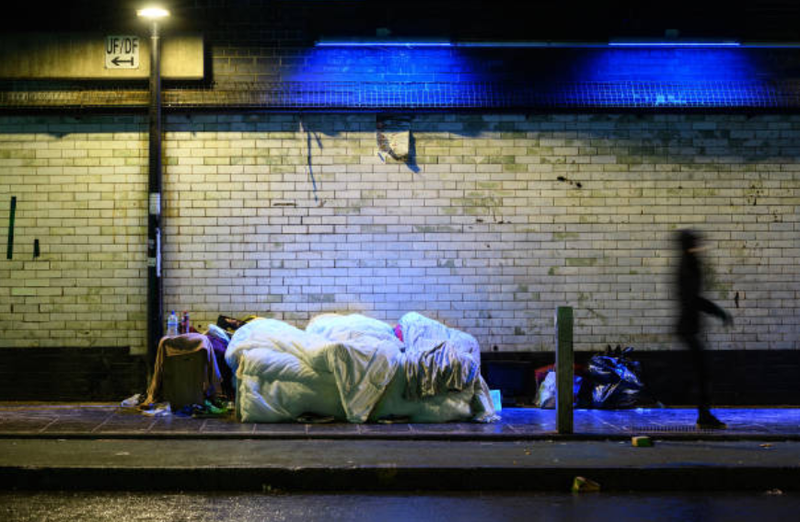
The numbers are in, and veteran homeless saw another year of decline in 2019.
According to the U.S. Housing and Urban Development (HUD) Annual Homeless Assessment Report, the number of veterans experiencing homelessness in 2019 declined by 2.1 percent and 793 more veterans now have homes.
“Our nation’s veterans have sacrificed so much for our country and now it’s our duty to make certain they have a home to call their own,” said HUD Secretary Ben Carson at a press conference at Harbor Homes in Manchester, New Hampshire. “We’ve made great progress in our efforts to end veteran homelessness, but we still have a lot of work to do to ensure our heroes have access to affordable housing.”
Bill to give homeless veterans aid to care for kids passes House unanimously
That progress came from planning and targeted interventions on behalf of HUD and the Department of Veterans Affairs. The HUD-VA Supportive Housing (HUD-VASH) Program combines permanent HUD rental assistance with case management and clinical services provided by the VA. To date, more than 11,000 veterans found permanent housing and critically needed support through the HUD-VASH program.
Since 2010, veteran homelessness has been reduced by 50 percent. So far, 78 communities and 3 states have ended veteran homelessness.
Legal issues are keeping homeless veterans on the street. This bill aims to help.
However, this decline in homelessness still left approximately 37,085 veterans experiencing homelessness. Of those veterans, 22,740 were found in sheltered settings while volunteers counted 14,345 veterans living in areas not intended for human habitation. While Pennsylvania and Texas saw declines in homelessness of 125 and 129 respectively, California's homelessness population increased by 144 veterans and Kentucky's increased by 75.
“These numbers show that homelessness is not an unsolvable problem. Indeed, robust federal resources, coupled with strong local leadership and talented nonprofit agency partners, have once again reduced the number of veterans sleeping on the streets and in shelters,” said Nan Roman, President and CEO of the National Alliance to End Homelessness.
—
